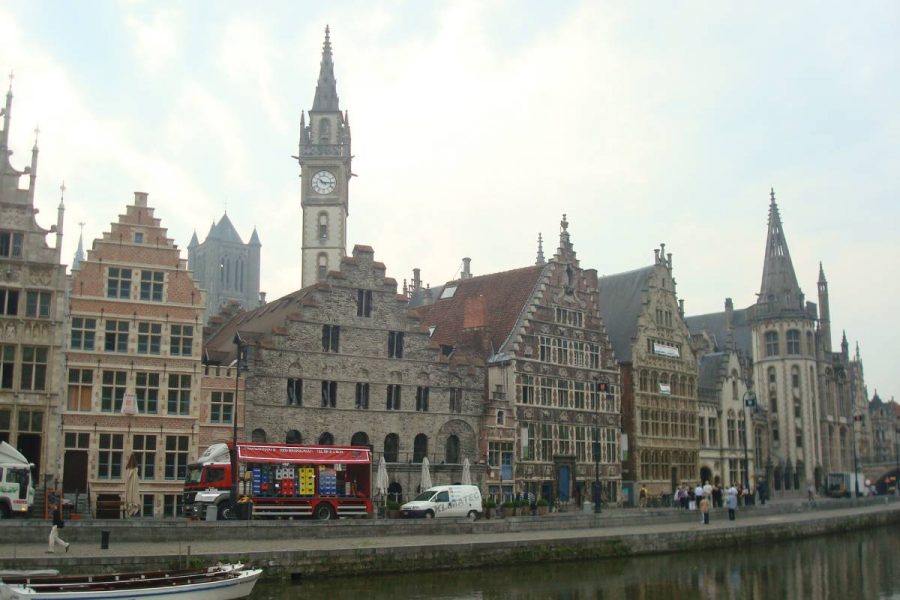Belgium grants “extraordinary powers” to tackle illegal gambling offerings

Any relevant party will be able to file a complaint related to unlicensed gambling with the Brussels Commercial Court.
Belgium.- The Federal Public Service of Justice has updated Article XVII.34/1 of Belgium’s Economic Code to grant “extraordinary powers” to tackle market threats posed by unlicensed gambling operations. Any relevant party will be able to file a complaint with the Brussels Commercial Court if they identify infringements.
The new powers extend to private entities such as management companies or professional or inter-professional associations, which can take action either alone or as part of a class complaint. This would allow trade bodies, for example, to take legal action against unlicensed operators. Research commissioned by the Ministry of Justice has identified weaknesses in enforcement.
On receiving a petition, the president of the Brussels Commercial Court will have up to eight working days to make a decision on whether to grant an interim order against any identified bad actor and related intermediary in order to halt the alleged infringements. To do so, the infringement must “appear clear and significant”. It would appear that this wording could include affiliates and payment providers as well as gambling operators themselves. Unilateral applications will be assigned a “presumption of urgency”.
Any defendant will have the right to request a hearing on the alleged infringements in the claimant’s presence. Meanwhile, the president of the court has the right to order the publication of any decision online for a given period of time.
The Belgian Gambling Commission, Kansspelcommissie, will hold an online education session on 17 December to provide more information about the updated rules. Licensed operators are likely to welcome the move as there have been calls for more action against illegal gambling websites
A report into Belgium’s ban on gambling advertising recommended that Kansspelcommissie be given more funding to help it enforce new rules and tackle unlicensed gambling sites. Researchers found that many customers were unaware of the current advertising ban because gambling sponsorships remain present in sports.
The report identified instances of the ban being flouted by “incidental advertising during sports broadcasts, product placements, and advertising on rights holders’ websites and social media channels”. It said Kansspelcommissie had failed to act on such infringements, leading researchers to raise concerns about the regulator’s capacities. It found that enforcement of the ban was inconsistent, and that Kansspelcommissie was facing operational challenges as a result of underfunding and understaffing.
The report noted that the regulator’s collection rate for fines was just 21 per cent in 2023. It also found Kansspelcommissie to be slow in how it responds to threats and in activating IP blocks against blacklisted gambling websites operating from non-European jurisdictions, such as Curacao.
Meanwhile, the Belgian Association of Gaming Operators (BAGO) is calling for the minimum age for lottery in Belgium to be increased to bring it in line with the new minimum age for gambling on other products. The age limit has been raised from 18 to 21 for all verticals other than the national lottery.










